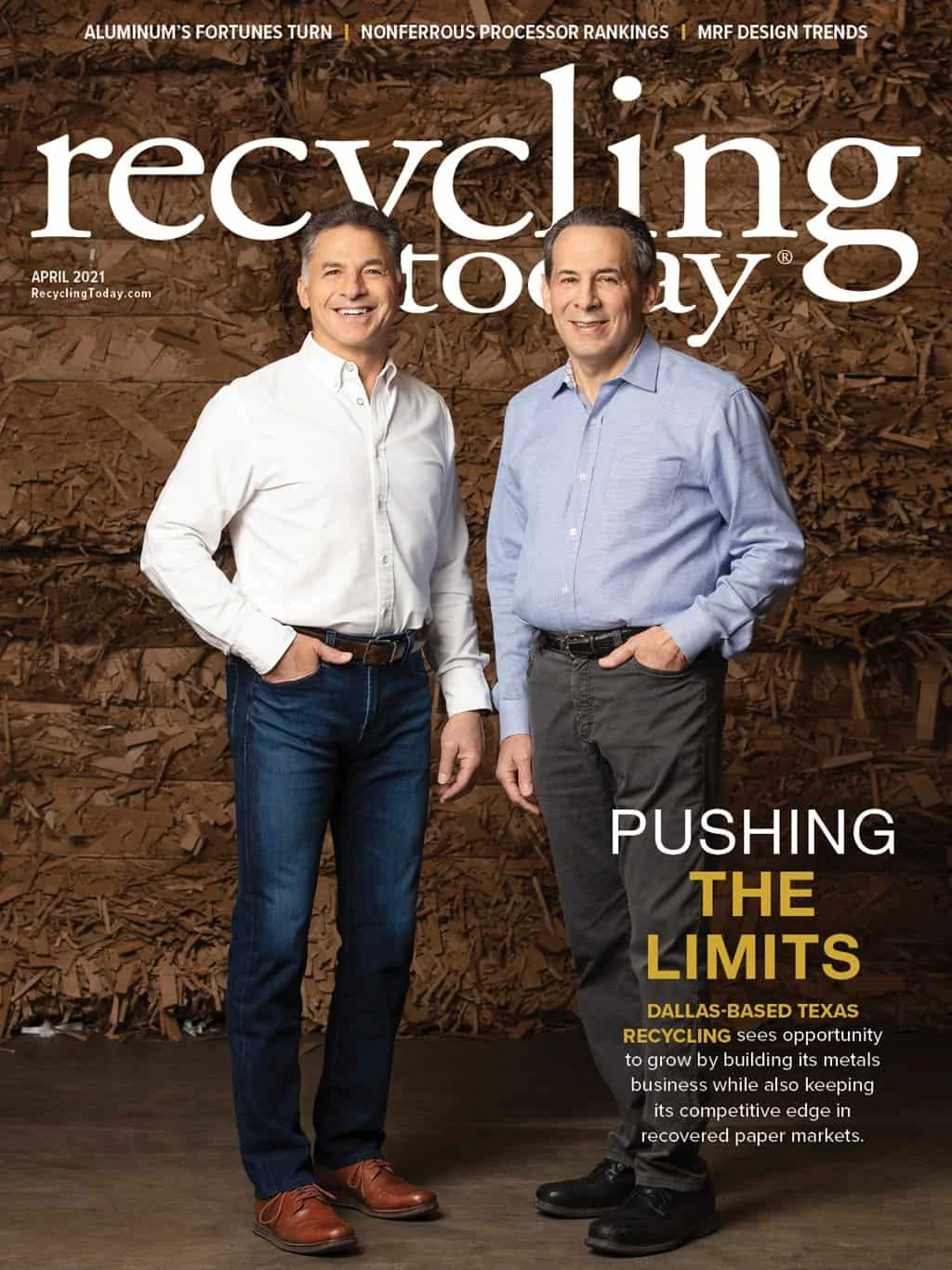
Coca-Cola debuts 100 percent rPET bottles in North America
The Atlanta-based Coca-Cola Co. says several of its “trademark brands,” including Coke, Diet Coke and Coke Zero Sugar, debuted a 13.2-ounce bottle made from 100-percent-recycled polyethylene terephthalate (rPET) in the United States in February. The bottles are available initially in California, Florida and select states in the Northeast, “with other sparkling beverage brands following this summer,” the soft drinks producer says.
“Challenges around plastic packaging waste and recycling continue to be top of mind for our consumers, customers and our system,” says Alpa Sutaria, vice president and general manager of sustainability for Coca-Cola’s North America operating unit. “Introducing 100-percent-recycled PET bottles is a big proof point of how recycling can help create a circular economy.”
The global company has introduced 100-percent-rPET bottles in other parts of the world, including in Norway in 2020 and the Netherlands. The U.S. is the 19th market to use rPET in bottles, Coca-Cola says.
In North America, Coca-Cola says it has additional plans to use rPET that include 20-ounce bottles that began to be distributed in California, New York and Texas in February; the debut of 100-percent-rPET Dasani and Smartwater water bottles in select states beginning in March and July, respectively; and the launch of a 13.2-ounce fully rPET clear bottle for Sprite in select regions that started in February.
“All Sprite packaging will transition to clear packaging, which is easier to be recycled and remade into new bottles, by the end of 2022,” the company has announced.
Combined, the efforts represent a 20 percent reduction in Coca-Cola’s use of new plastic within its North American portfolio compared with 2018.
The company at times has been singled out by anti-plastic waste advocates as having its brand attached to considerable volumes of improperly discarded plastic packaging. The February announcement about the rPET bottles was met with skepticism by Washington-based Greenpeace.
“While transitioning to recycled content helps to eliminate the need for some new fossil fuel plastic, it does not do nearly enough to end the cycle of plastic production and pollution,” says Greenpeace USA Senior Plastics Campaigner Kate Melges. “Since the 1970s, these consumer goods giants have joined with the fossil fuel industry to use recycling as justification to continue relying on polluting plastics. If Coke wants to make real news, it should announce that it is finally ending its reliance on plastics altogether.”
Visit www.RecyclingToday.com/article/coca-cola-recycled-content-initiatives-us to hear more from Sutaria on the initiative.
APR reports growth in PCR demand
The Association of Plastic Recyclers (APR), Washington, says its Recycling Demand Champions Campaign has generated more than 175 million pounds, or 87,500 tons, of new demand for postconsumer resin (PCR) in its third year.
When the Recycling Demand Champions Campaign launched in 2018, it increased PCR demand by 6.8 million pounds. In its second year, it increased PCR demand by 25.9 million pounds, the association says.
“We are thrilled with the growth we have experienced over the past year, particularly during the challenges the world faced in 2020,” Ali Briggs- Ungerer, APR director of market development, says. “While the crisis caused by the pandemic rages on, many big name-brand companies that had previously announced great initiatives to use more PCR in their products scaled back their sustainability goals. The companies participating in the APR Recycling Demand Champions Campaign are true leaders,” she adds.
The APR says the level of demand increase seen in 2020 resulted in major economic and environmental benefits, including the prevention of greenhouse gas emissions that are equal to driving 45,494 passenger vehicles for one year, the creation of 2,000 jobs in plastics recycling and providing a new life for a year’s worth of all of the plastic recyclables collected from a city the size of Chicago.
“Creating new market demand, which is essential to the success of plastics recycling, is a key focus for APR,” says Steve Alexander, APR president and CEO. “Even in these rapidly changing times, some facts remain—a strong and effective recycling chain is of paramount importance to protecting the environment and achieving climate and economic sustainability.”

Explore the April 2021 Issue
Check out more from this issue and find your next story to read.
Latest from Recycling Today
- Orion ramping up Rocky Mountain Steel rail line
- Proposed bill would provide ‘regulatory clarity’ for chemical recycling
- Alberta Ag-Plastic pilot program continues, expands with renewed funding
- ReMA urges open intra-North American scrap trade
- Axium awarded by regional organization
- Update: China to introduce steel export quotas
- Thyssenkrupp idles capacity in Europe
- Phoenix Technologies closes Ohio rPET facility





